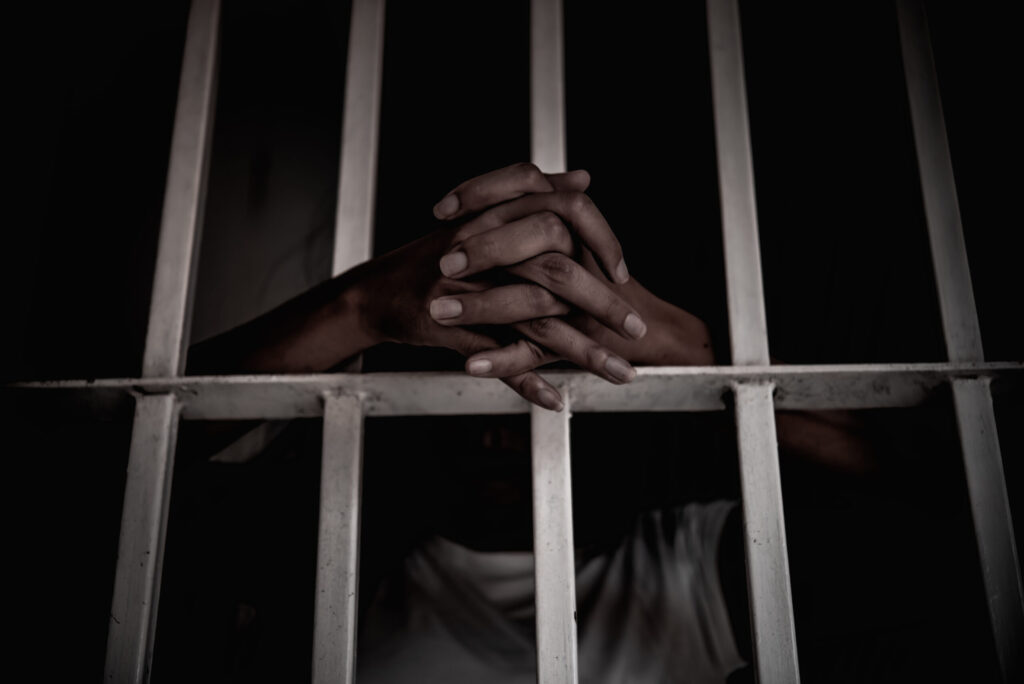Having an incarcerated parent has multiple impacts on youth, with profound implications for both child and adolescent development. Antisocial behavior, psychological difficulties, trauma, risk taking, and health problems in children are all linked to having a parent in prison. Experts are also concerned about intergenerational transmission of criminality.
Children and adolescents with an incarcerated parent are likely to already be facing disadvantage and material hardship, and the imprisonment intensifies these problems. Imprisonment of a parent, particularly a father who earns money or pays child support, can cause intense stress for a family.
In a 2010 comprehensive review of evidence, 58% of studies found that visits to parents in prison benefitted children, particularly if visiting arrangements were family friendly.
Furthermore, imprisonment involves extra costs, such as legal fees, fines, prison visits, and phone calls. The pressure on the non-incarcerated parent, who is often already underresourced, can lead to a decline in the parent’s mental and physical health, which is linked to less positive parenting. And this, in turn, is linked to less cognitive and social competence in children and youth.
Incarceration exacerbates family instability, including relationship stress and the likelihood of divorce and separation. A child or adolescent may even become homeless: About 11% of children with a mother in prison and 2% of children with a father in prison enter into foster or state care. (However, the causal link between incarceration and foster care is uncertain.)
In some cases, incarceration can lead to improvements for children and adolescents, removing from the home a source of disruption, abuse, or violence.
Protective factors for children and youth Researchers have identified a number of protective factors for children and youth with an incarcerated parent. A positive relationship between parent and child prior to the incarceration of that parent can help youth cope.
The quality of caregiving at home is very significant, though it is compromised by incarceration, as described above. Kin-based care, such as that provided by grandparents, can protect children and give them the opportunity to thrive.
The nature of a child’s contact with the parent in prison or jail can also make a difference. Contact can be through in-person visits or videos, recorded messages, letters, and phone calls.
In a 2010 comprehensive review of evidence, 58% of studies reported that visits to parents in prison benefitted children, particularly if visiting arrangements were family friendly. Four- to nine- year-olds were likely to show improved self-esteem following visits to their fathers in federal prison, as do the same aged children following visits to their mother in prison. In one study, adolescents with regular contact with their mothers in prison were less likely to drop out of school early than those with irregular or no contact. Children nine years old and older were less likely to display anger and alienation if they saw their mother in jail than if they had no contact.
All forms of contact seem to be beneficial. One study found less depression in four- to 14-year-olds who received more letters from their jailed parents than in their peers who did not receive letters. Letter writing was also associated with a stronger coparenting relationship between the two parents.

